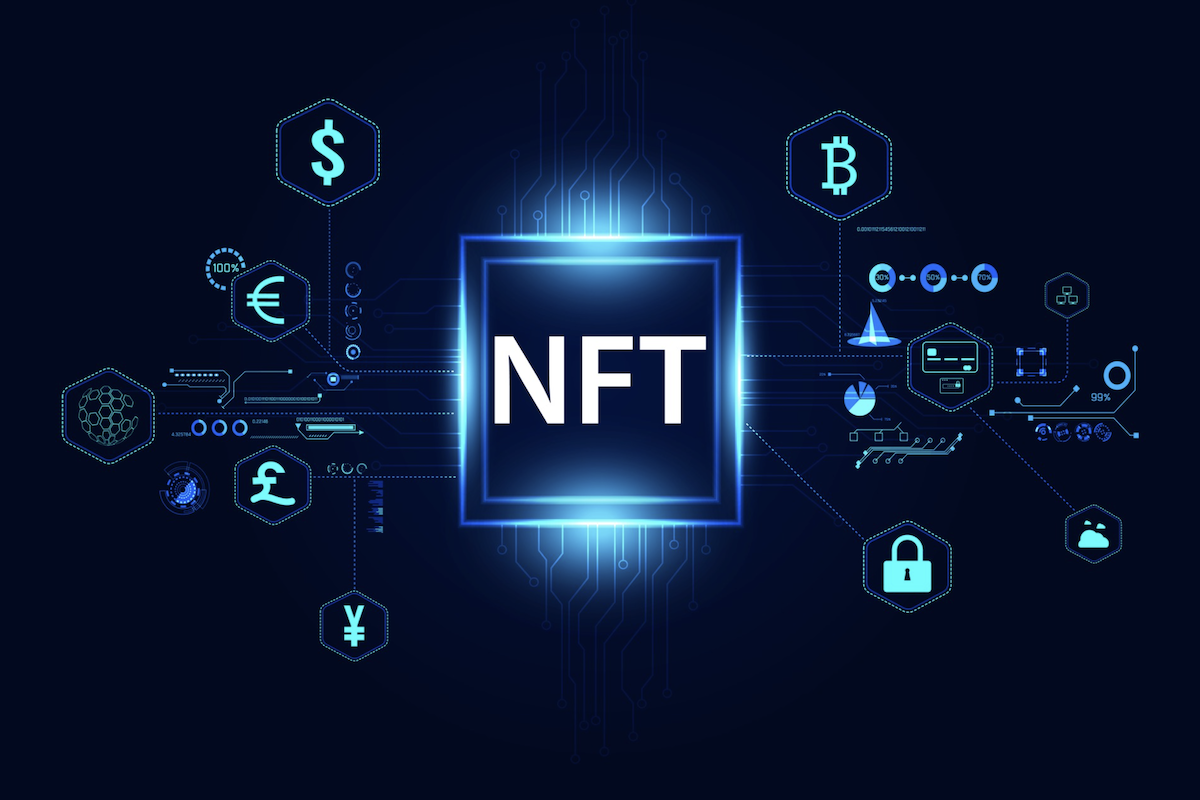How the End of the U.S. Government Shutdown Could Boost Crypto Prices
The U.S. government shutdown has ended, unlocking $700B–$850B in liquidity. Here’s why Bitcoin and crypto could rally as spending resumes.

The end of the U.S. government shutdown unlocks hundreds of billions of dollars that were trapped in Treasury accounts, and that sudden release of liquidity is already flowing back into financial markets. Bitcoin reacted almost immediately, jumping back above $104,000 as traders priced in the return of cash, upcoming spending, and renewed optimism over ETFs and interest-rate cuts.
Key Takeaways
Treasury spending resumes after the shutdown, returning $700B–$850B of liquidity to the financial system.
Crypto and Bitcoin show a strong correlation (≈0.85) to U.S. dollar liquidity — more cash generally equals higher prices.
Short-term projections place Bitcoin between $110K–$135K, with a possible climb to $250K depending on policy shifts.
New catalysts (stimulus checks, ETF approvals, interest-rate cuts) create an environment that favors digital assets.
The primary risk is speed — if spending is slow or staggered, price momentum could pause.
How a Government Shutdown Affects Crypto
A government shutdown is more than political drama. It disrupts cash flow.
When Congress fails to approve the federal budget, the Treasury begins holding cash inside the Treasury General Account (TGA). That money is essentially locked away. Since it’s not circulating through the banking system, businesses, lenders, and investors have less cash to work with.
During the latest shutdown:
Treasury’s cash pile exceeded $1 trillion
Markets lost $700–$850 billion in available liquidity
Bitcoin fell below $100,000 for the first time in months
Crypto often reacts faster than traditional assets because trading is global, 24/7, and highly responsive to changes in cash supply.
This isn’t speculation. It’s cause and effect.
Is a Government Shutdown Bad for Crypto?
Short answer: yes — at least in the short term.
Shutdowns trigger a negative chain reaction:
Federal agencies stop spending | Cash flow halts |
Treasury hoards funds in the TGA | Liquidity dries up |
Less liquidity in markets | Risk assets decline |
Bitcoin and altcoins fall | Investors pull back |
Crypto doesn’t fall because people suddenly dislike Bitcoin.
It falls because dollars are harder to access.
I think of Bitcoin like a sponge. If money dries up, the sponge shrinks. When cash returns, it expands.
Why the Treasury General Account (TGA) Influences Bitcoin
Watching the TGA balance is one of the most overlooked crypto trading signals.
Here’s what typically happens:
TGA increases → liquidity shrinks → Bitcoin struggles
TGA decreases → liquidity expands → Bitcoin rallies
On-chain analysts and macro traders point out that Bitcoin behaves like a liquidity gauge.
Studies show:
Bitcoin holds a ~0.85 correlation with U.S. liquidity indexes.
That means Bitcoin doesn’t care about headlines; it reacts to dollars moving in or out of the financial system.
Arthur Hayes described the shutdown as:
“Quantitative tightening in disguise.”
And he’s right. Blocking liquidity hits risk assets the hardest — crypto suffers first, recovers first.

Why the End of the Shutdown Is Bullish for Crypto
Ending the shutdown doesn’t just reopen parks and airports.
It flips liquidity from drain mode to release mode.
Government spending resumes → TGA starts shrinking → money returns to markets.
Where does that cash go?
Banks (lending increases)
Money markets (higher liquidity)
Stablecoin issuers (renewed minting demand)
Investment platforms (risk appetite returns)
Within hours of a deal being finalized, crypto markets could see sharp movement:
Bitcoin could surge back into the $104K–$106K range
ETH may push toward $3,410
Solana could test $162
The Crypto Fear & Greed Index may shift rapidly from Extreme Fear to Greed
Liquidity will return.
Crypto will respond.
Will Crypto Prices Rise When the Shutdown Is Over?
Most analysts believe they will, based on historical precedent.
Here’s what history shows:
March 2020 | Global stimulus | Start of COVID bull market |
March 2023 | U.S. banking liquidity programs | Bitcoin jumped from $20K to $30K |
November 2025 shutdown end | TGA spending wave | Bitcoin rebounding already |
When dollars move, Bitcoin moves.
Forecasts from crypto analysts point to:
$110K–$135K in the coming weeks
$150K–$250K if spending aligns with ETF approvals and interest-rate cuts
This isn’t about hype. It’s mechanical.
Additional Tailwinds That Could Accelerate a Crypto Rally
Several unrelated events are creating a perfect setup:
1. Possible stimulus checks
Trump proposed a $2,000 “tariff dividend” payment to citizens.
Historically, direct payments have pushed retail money into crypto.
2. ETF approvals back on track
During the shutdown, the SEC could not review pending ETF filings (including Solana and XRP).
Now those decisions resume. Institutional buyers return with size.
3. Interest-rate cut expectations
With weak GDP growth during the shutdown, rate cuts become more likely.
Lower rates = cheaper borrowing = more crypto speculation.
These aren’t “ifs.” They’re already being priced in.
Bitcoin Price Projection (2025–2030)
How much could Bitcoin be worth in 2025?
Base case: $110K–$135K
Bull case: $150K–$250K
How much could Bitcoin be worth by 2030?
Long-term models forecast anywhere from $300K to over $500K, driven by scarcity, institutional adoption, and limited supply entering the market.
Bitcoin doesn’t need everyone to believe.
It only needs a small fraction of the global capital flow.
Could Bitcoin Go to Zero?
Bitcoin going to zero would require:
Every miner shutting down
Every node disconnecting
Every government banning ownership
Every holder dumping simultaneously
That scenario doesn’t align with reality.
Bitcoin is held by:
Pension funds
Hedge funds
Public companies
Major banks
The more institutions hold it, the lower the chance it collapses.
The real risks are short-term:
If government spending is slow, crypto momentum pauses
If the Fed signals aggression, traders could hedge risk
Price corrections aren’t death sentences. They’re pauses.
Final Thoughts — Crypto Doesn’t Follow Politics, It Follows Liquidity
Bitcoin didn’t dip because enthusiasm died.
It dipped because dollars stopped moving.
Now those dollars are flowing again.
As long as spending continues and liquidity expands, crypto has every reason to climb.
Watch:
TGA balance
ETF approval schedule
Interest-rate decisions
Those three variables will dictate whether Bitcoin holds $100K or pushes to $135K+.
Frequently Asked Questions
Here are some frequently asked questions about this topic:
How does the end of the shutdown affect crypto?
It releases liquidity back into markets, allowing more cash to reach investment platforms and exchanges.
Why is crypto so sensitive to dollar liquidity?
Bitcoin trades like a high-beta asset. More cash means more buyers.
What’s the main risk after the shutdown ends?
The pace of spending. If it’s slow, the rally could stall.
Do ETFs matter?
Yes. ETFs allow institutions to buy Bitcoin at scale.
Should traders watch the TGA?
Absolutely. When the TGA falls, crypto rallies.





